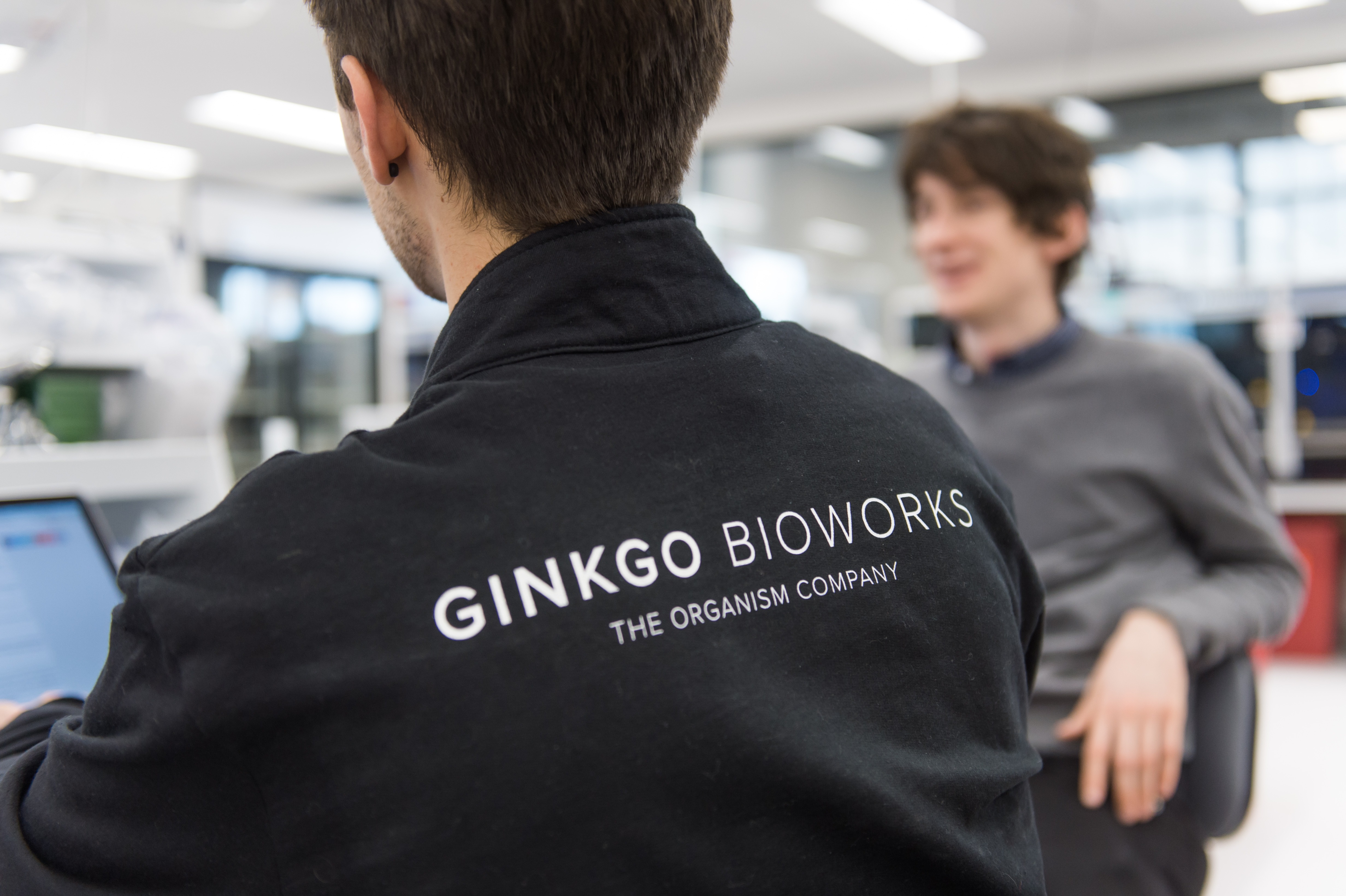The joint venture (JV) between Bayer Crop Science and Boston startup Ginkgo Bioworks has a name: Joyn Bio.
Bayer and Ginkgo, a startup genetically engineering microbes for the flavor, fragrance, and food industries with $429 million in funding, announced the partnership in September 2017. The partners, along with hedge fund Viking Global Investors, are collectively investing $100 million in the venture, making it the second largest deal from an ag biotechnology startup in 2017, according to AgFunder data.
Joyn Bio will be helmed by Mike Miille, an industry veteran who came to the company from biologicals startup Agraquest, which was acquired by Bayer in 2012. For the last four years, Miille has served as head of strategy and business management for biologicals at Bayer Crop Science. He has also been working with Leaps by Bayer, a unit of Bayer investing in the solutions to some of today’s biggest problems, and Ginkgo for the past 18 months to put together this deal. He took over as CEO of Joyn Bio in October 2017.
Joyn Bio is the fifth investment for Leaps by Bayer. Previous Leaps investments include CRISPR technology Casebia and stem cell tech startup BlueRock Therapeutics.
The new company will manufacture microbial products using synthetic biology, to reduce the amount of chemical fertilizer that farmers need to apply to crops. Miille says that Bayer’s know-how combined with Ginkgo’s manufacturing capabilities will allow the company to produce biologicals at 50- to 100-times the strength of products currently available on the market.
“People are basically using microbes as they find them. We can now go in with sequencing, using a similar discovery mechanism to pharma, and select microbes that optimize what we’re looking for,” said Miille. “We can create microbes that are going to have unprecedented levels of performance relative to the natural approach that folks have been going about for ten years.”
Joyn Bio’s first products are likely to be seed treatments focusing on nitrogen fixation. The firm may also tackle soybean rust and citrus greening in the future.
Joyn Bio’s products will not be exclusive to Bayer, and Miille said that the JV would function much like any other independent startup in terms of distribution.
The new venture is taking on assets from both Bayer and Ginkgo. Bayer has transferred its strain library of more than 100,000 proprietary microbial strains to Joyn Bio, while Ginkgo is granting the new venture full access to its 20,000 sq. ft. of Ginkgo’s Boston foundry, where Joyn Bio will be headquartered. Miille and a small team will be based in West Sacramento where they will have access to testing fields and greenhouses.
“We’re being born with two parents and getting a pretty big head start,” said Miille of Joyn Bio’s market position.
“Obviously $100 million is pretty unusual in the ag space, and it was set up to give us a four-to-five year runway. I think we have a bit of an advantage,” he continued. “If you look at other companies, the investors are looking for some commercial success quickly. In our case, we will still have milestones, and we still want to move as fast as we can, but we also benefit from that runway.”
Miille added that the company’s unique beginnings won’t lead to a lack of urgency. “You never want to sit back and get complacent. You always want to feel like the money is going to run out.”
Miille said in the coming months he’ll be looking to build up his Boston team, focusing on synthetic and molecular biology, to 30 members. The company’s initial hires were from within Ginkgo and Bayer including Ginkgo’s Johan Kers, who now heads nitrogen fixation at Joyn Bio.
In terms of future fundraising, Miillee said Joyn Bio’s next round will be reflective of the company’s performance: “The better we do, the sooner and bigger it’ll be.”





